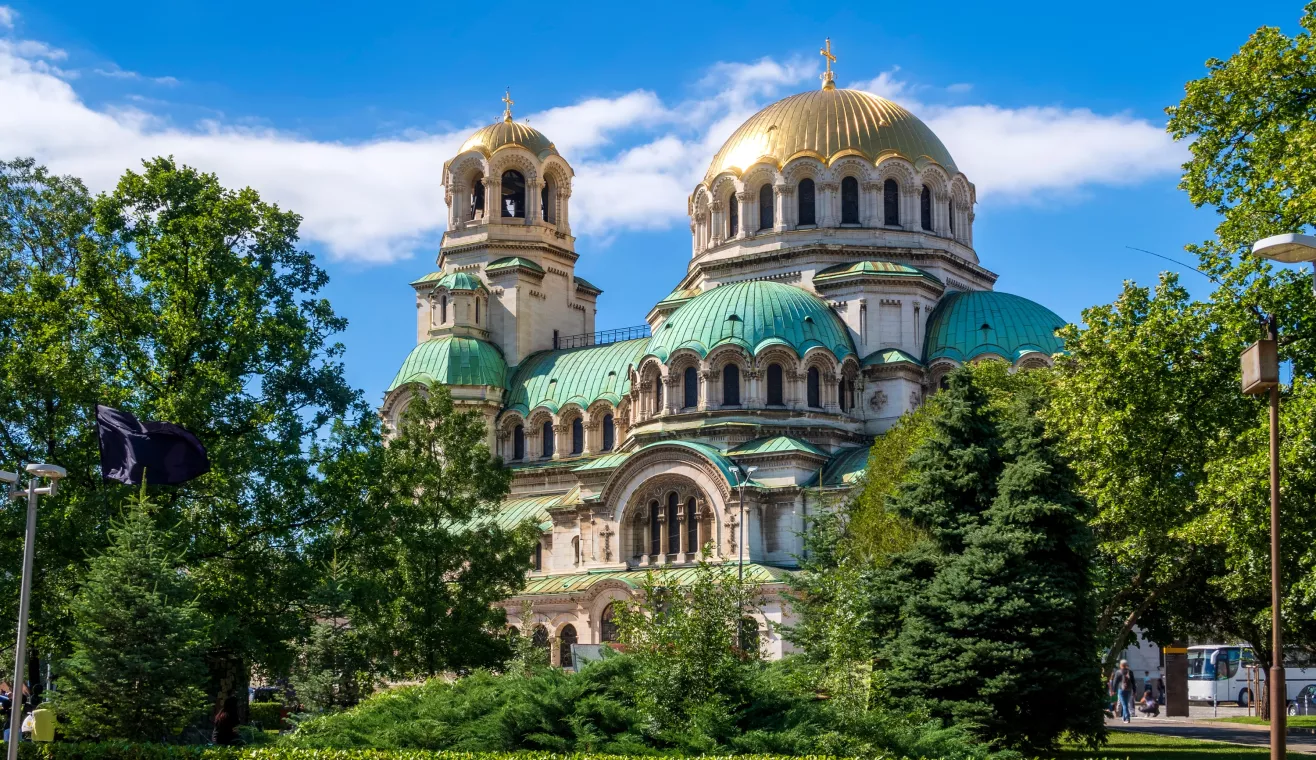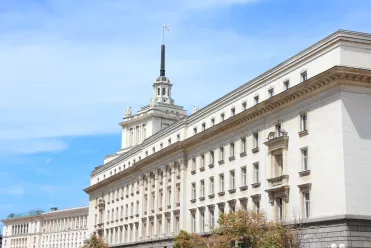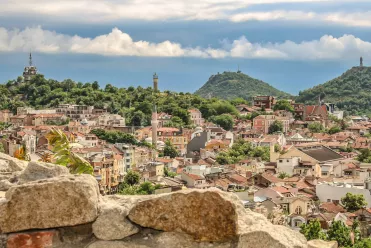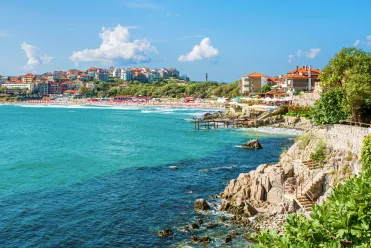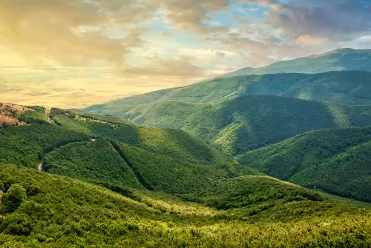Dive into the heart of Bulgaria, a fascinating country with varied landscapes, between majestic mountains, golden beaches and cities steeped in history. In this guide, we reveal everything you need to organize your trip to Bulgaria.
To find out more about Bulgaria...
Located in Eastern Europe, Bulgaria is a little-known country brimming with natural and cultural riches. Here are some of the main regions to discover:A few things you need to know
From Paris, a direct flight to Sofia takes around 3 hours. Round-trip air tickets range from 50 to 250 euros depending on the season and airline.
Discover all our flights and best prices directly on our flight booking platform
A one-week stay allows you to discover the country's must-sees, but to explore in depth, especially the mountain regions and small towns, two weeks are ideal.
If you are a citizen of the European Union, a valid identity card or passport is all you need to enter Bulgaria. No visa is required for a stay of less than 90 days.
We recommend that you check the official information before your departure on the government website.
The official language is Bulgarian, but English is quite common in tourist areas. Here are some useful words:
- Hello: Zdravei (Здравей)
- Thank you: Blagodarya (Благодаря)
- Yes: Da (Да)
- No: Ne (Не)
- Please: Molya (Моля)
The official currency is the Bulgarian lev (BGN). 1 euro is equivalent to approximately 1.95 lev. Credit cards are accepted in most shops, but it's advisable to carry cash, especially in small towns.
- May to September: Ideal for exploring cities, mountains and enjoying the Black Sea.
- December to March: Perfect for winter sports, especially in ski resorts such as Bansko and Borovets.
Bulgarian cuisine is tasty and generous, influenced by Balkan and Mediterranean traditions. Here are a few dishes to try:
- Shopska Salata : A salad of tomatoes, cucumbers, peppers and sirene cheese.
- Banitsa : A flaky pastry filled with cottage cheese and eggs.
- Kavarma: A meat and vegetable stew simmered in a fragrant sauce.
- Kiselo Mlyako: A Bulgarian yogurt renowned for its unique texture.
Bulgaria is in UTC+2 in winter and UTC+3 in summer. This is one hour more than in France.
Get ready for a unique adventure in Bulgaria!
Between unspoilt nature, historical heritage and delicious gastronomy, Bulgaria is sure to charm you. Share your experience with us using the hashtag #atcroutesdumonde on social networks!
